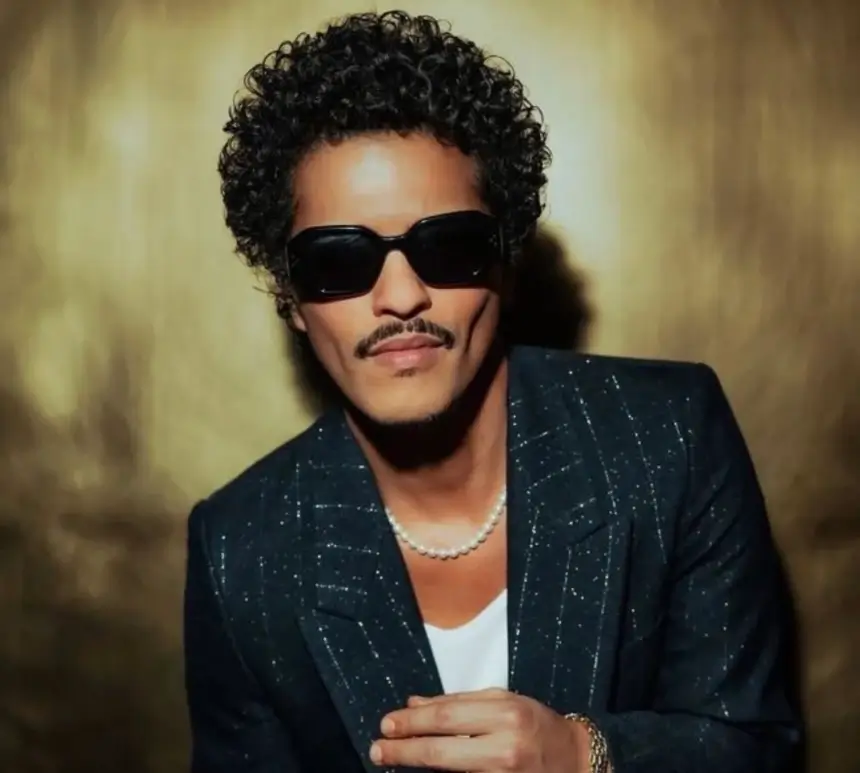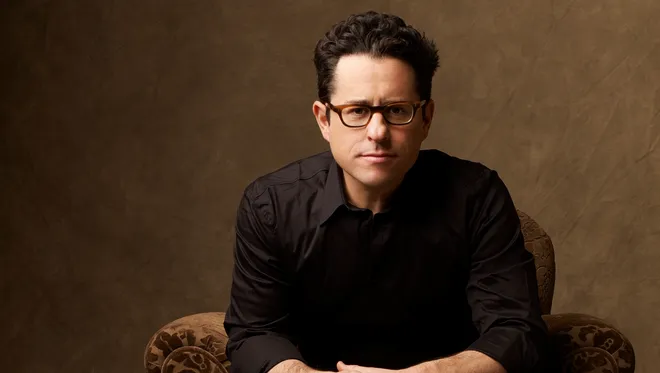A Legend Speaks—But Not to Them
In the age of digital misinformation, even the most reclusive of public figures are not immune to fabrication. Last week, social media erupted with what was framed as a poignant and wide-ranging interview with legendary filmmaker Clint Eastwood, allegedly conducted by Austrian newspaper Kurier. The piece purportedly contained philosophical musings, reflections on mortality, and a retrospective view of a life spent in the public eye. However, Eastwood himself was quick to shut it down. In a rare direct statement, the 95-year-old icon said plainly, “I can confirm I’ve turned 95. I can also confirm that I never gave an interview to an Austrian publication called Kurier, or any other writer in recent weeks.”
This disavowal not only quells the trending piece, but it also reignites questions surrounding Eastwood’s relationship to public image, his unique grip on American cinematic identity, and the vulnerability of legacy in an era of unchecked virality.
Eastwood’s Controlled Silence
Clint Eastwood has always been a director of minimalism—both in his films and in his personal life. While many of his contemporaries have maintained public profiles via social media or frequent interviews, Eastwood has taken the opposite route. His stoic persona, honed through roles like the Man with No Name or “Dirty” Harry Callahan, translated into a real-world character who rarely speaks unless he feels compelled to do so.
That’s what makes this rebuttal so significant. Eastwood, a figure known to grant only highly curated access, stepping forward to personally dismiss a “phony” interview is less about correcting the record and more about reasserting narrative control. At 95, the very suggestion that he would confide life’s great truths to a foreign tabloid seems antithetical to the Eastwood code: privacy, restraint, and absolute authority over his own myth.
The Anatomy of a Fake Interview
The now-debunked article followed a common pattern in the world of fake celebrity journalism. It mixed plausible-sounding sentiment with imaginary quotes, leveraging Eastwood’s known themes—stoicism, aging, regret, American decline—to present what seemed like a reflective final monologue. The interview was shared across Twitter, Reddit, and celebrity fan pages, often with captions such as “Wisdom from a master” or “If this doesn’t make you cry, nothing will.”
This wasn’t just a forgery; it was a viral performance, choreographed to tug at generational nostalgia. The language attributed to Eastwood was florid and uncharacteristically confessional, a red flag for those familiar with his concise, often brusque public statements. “I’ve lived through wars, heartbreaks, and revolutions,” the fake interview opened. “But nothing compares to the silence of an empty home.” That may sound poetic, but it doesn’t sound like Clint Eastwood.
The machinery behind such content is frequently obscure. Either created by content farms for engagement, AI-generated for clickbait articles, or deliberately produced by malicious actors to stir discussion, the Eastwood hoax underscores how rapidly a myth can solidify in the absence of fact-checking.
A Career Above Fabrication
Few living filmmakers command the intergenerational reverence that Eastwood does. With a filmography that spans over six decades—beginning with his breakthrough in Sergio Leone’s Dollars Trilogy and culminating in Oscar-winning directorial turns like Unforgiven and Million Dollar Baby—Eastwood’s contributions have not only reshaped Hollywood but also mirrored shifts in the American psyche.
His characters are rarely verbose. They live in tension, not speech. So too has Eastwood conducted his career—especially in the last twenty years—with a focus on craft over persona. While others gave TED talks or memoirs, Eastwood released films like Gran Torino, American Sniper, and Richard Jewell—complex narratives about masculinity, media, and moral ambiguity.
So to imagine Eastwood choosing an obscure Austrian outlet to deliver his “farewell reflections” is absurd on its face. It’s not just a case of misattribution; it’s an affront to a man whose professional language has always been cinema—not the press.
Public Fascination with the Aging Icon
The impulse to believe the fake interview may stem from a collective preoccupation with end-of-life wisdom from public figures. In recent years, we’ve seen similar fabrications attributed to Morgan Freeman, Anthony Hopkins, and Keanu Reeves. There’s an odd comfort in imagining these titans of stoicism penning one last, poetic chapter.
In Eastwood’s case, the mythos is even more compelling. Here’s a man who symbolized toughness, rugged independence, and a fading Americana. The desire to hear his thoughts as he nears a century of life isn’t trivial—it’s cultural longing. But Eastwood has never been one to indulge that desire. He prefers action over explanation.
In some ways, this fake interview is a confession from the public itself. A mirror of what people want Eastwood to say before he leaves, rather than what he actually would. It’s a digital séance of sentimentality, made all the more effective because it was plausible in tone, if not in truth.
The Viral Economy of Lies
The virality of the fabricated interview is also a case study in how fast digital lies travel when they fulfill emotional needs. Within 48 hours, the piece had been translated into multiple languages, adapted into TikTok monologues, and quoted by lifestyle bloggers and inspirational influencers alike.
Social media platforms, desperate for engagement, often privilege content that stirs sentiment, regardless of authenticity. In that landscape, the truth struggles to compete. Eastwood’s publicist issued the denial in a brief statement, which circulated far less than the fake piece itself. Few verified sources picked up the clarification, and the myth still lingers, now echoing in the endless scroll of misattributed wisdom.
The result is a skewed digital portrait: Eastwood, the reticent icon, reduced to a Pinterest-ready guru of gentle regret. It’s a poetic image—but a false one.
Reality, Refusal, and the Right to Be Misunderstood
In refuting the viral interview, Eastwood wasn’t just correcting misinformation. He was refusing to be shaped by it. In many ways, that has been his artistic and personal mission for decades—to shape narrative rather than be consumed by it.
Unlike other celebrities who chase legacy via memoirs or final films engineered to feel like epilogues (The Irishman, The Fabelmans), Eastwood remains uninterested in capping his life story with punctuation marks. His most recent film, Cry Macho (2021), wasn’t framed as a finale. Nor did it signal any slowing down, despite his age. He continues to develop new projects quietly, working well past the age most directors would consider retirement.
And perhaps that is the real story: the refusal to bow out, or to indulge the public’s thirst for closure. Clint Eastwood is not interested in playing the role of the dying philosopher. He is, always, the man who rides off without explanation.
Looking Forward: The Myth in Motion
Eastwood’s legacy, like all great myths, exists somewhere between reality and projection. The recent fake interview simply reaffirms the potency of that myth. People want to believe he said those things because they reflect a cultural yearning—for certainty, for values, for a simpler worldview in an era of noise.
But Eastwood’s genius lies precisely in denying the audience easy answers. If then through ambiguous characters like William Munny (Unforgiven) or the morally complex narratives in Mystic River, he has continually asked us to sit with discomfort. That includes the discomfort of not knowing what he thinks at all times.
In an era where every public figure is expected to constantly share, perform, and validate, Eastwood’s silence remains his most radical gesture. It is a form of authorship in itself—choosing when to speak, and more importantly, when not to.
Impression: What He Didn’t Say Says Everything
The digital age invites constant reinvention of truth. But Clint Eastwood’s refutation of a phony interview reminds us that not every narrative deserves oxygen. For a figure who built his reputation on silence, stillness, and the unsaid, his brief statement lands like a thunderclap.
“I never gave an interview to an Austrian publication called Kurier, or any other writer in recent weeks.”
That sentence is Eastwood in full: clear, direct, and unmistakably real. In denying the myth, he preserves his own.
No comments yet.








